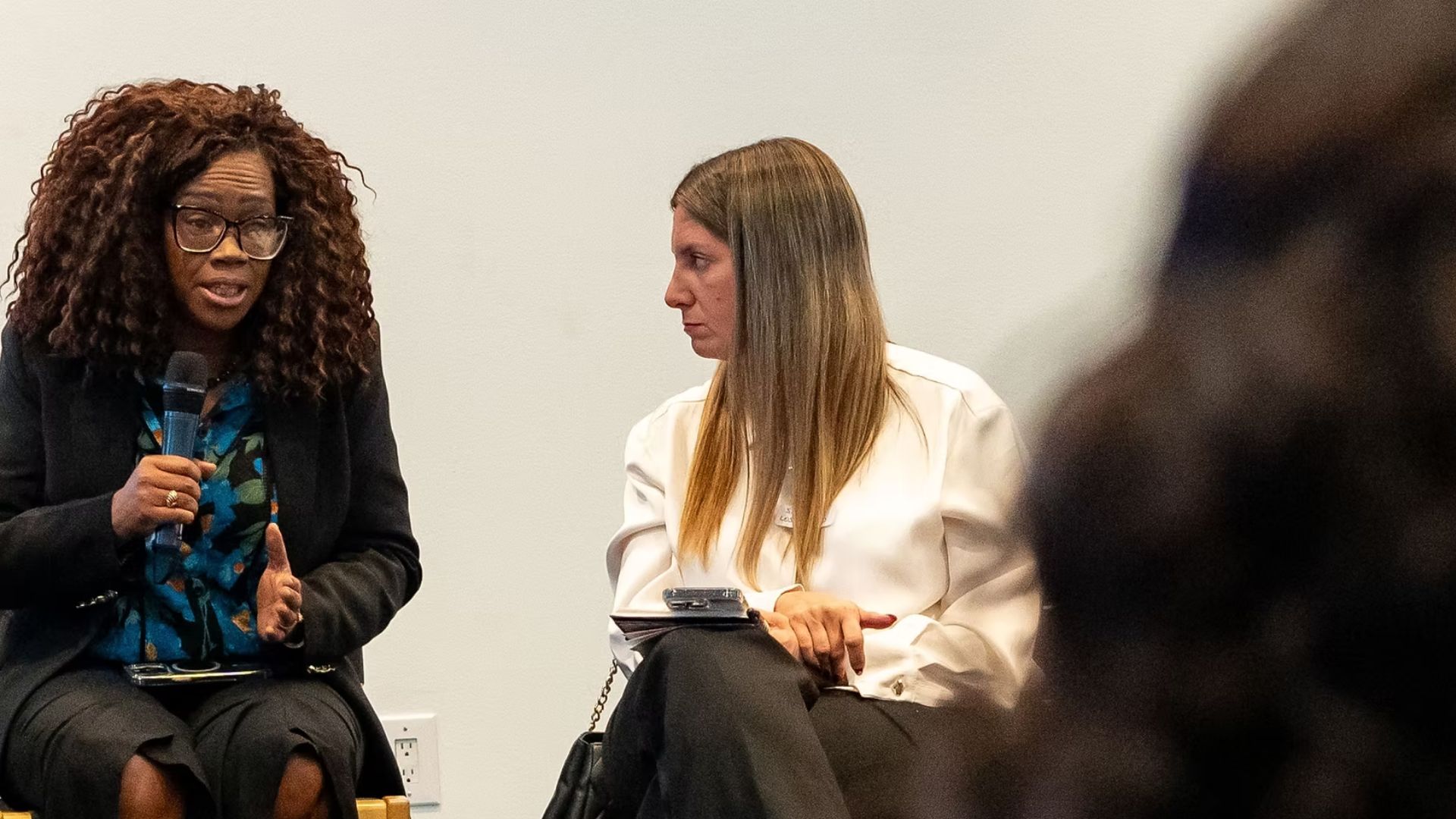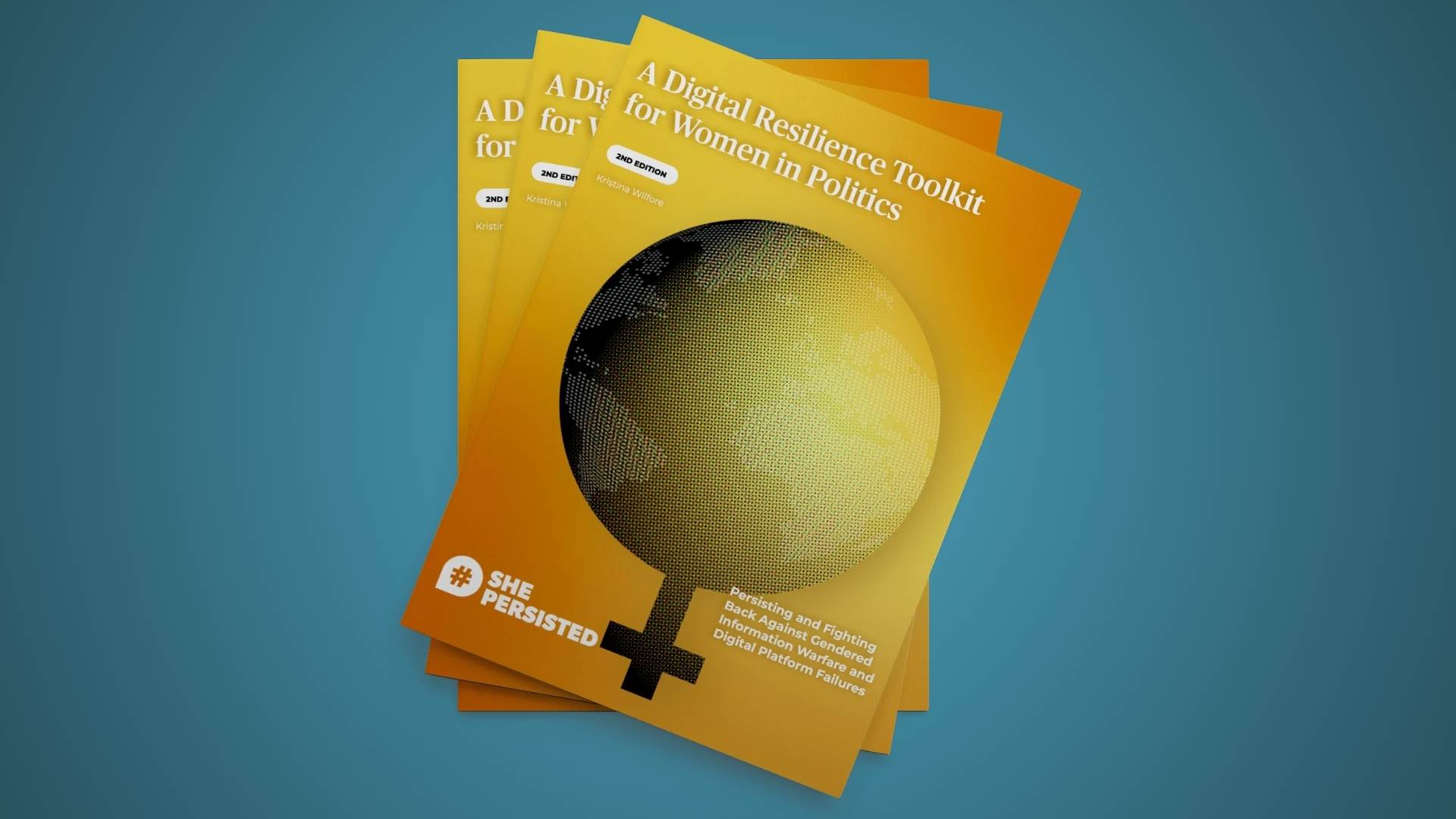Everyday sexism is a persistent obstacle for women in politics, from the campaign trail to the chambers of parliaments and councils. It shows up in off-hand remarks, undermines expertise, and reinforces outdated stereotypes – making it harder for women to lead, be heard, and stay visible in public life.
In this new series, leadership communications expert Amanda Gome AM shares her strategies for recognising and countering these pervasive behaviours, with practical tips drawn from her decades of experience.

About Amanda Gome AM
Amanda Gome helps leaders and organisations build profile, impact and influence through leadership communications, media and social media to change the word for the better. She also trains leaders and groups to recognise and counter every day sexism.
Awarded an AM in 2014 for significant services to women, media and business, Amanda is CEO of Notable Media and Vice President of Women’s Leadership Institute of Australia which supports Pathways to Politics.
Gendered assumptions about parenting roles is very common.
Recognise it!
Men can be discouraged from taking leave because looking after infants is “not what a man does”. Women can be accused of either not being a good parent for not spending enough time with children or not being a good worker by leaving work too early to look after them.
And what of the expectation on women to explain why they don’t have children. When Jacinda Ardern became NZ Prime Minister in 2017, reporters focused on whether she felt she had to choose between having children or a career which she called out as discriminatory at the time.
Counter it!
- Support personal choices about caring and carers and flexible work.
- Check whether you are making assumptions about the choices people are making about their values and priorities. Call it out when gender stereotypes are used. “Why are you assuming she can’t do that role because she’s pregnant?” “Why are you commenting about him picking up the kids and asking where his partner is?”

Maintain confidence while facing gender-based challenges
More good news. I’ve had a long career in male dominated industries including very senior positions. I’ve experienced everyday sexism – and whenever I pointed it out, the response was usually great.
Even on occasion when everyday sexism was used maliciously, I could respond cheerfully knowing this: most people around me were supportive. People were uncomfortable with the sexism, not with me calling it out.
Think of the global support for Julia Gillard’s now famous reproach of former Opposition leader Tony Abbott:
“I will not be lectured to by this man, not now, not ever.”








